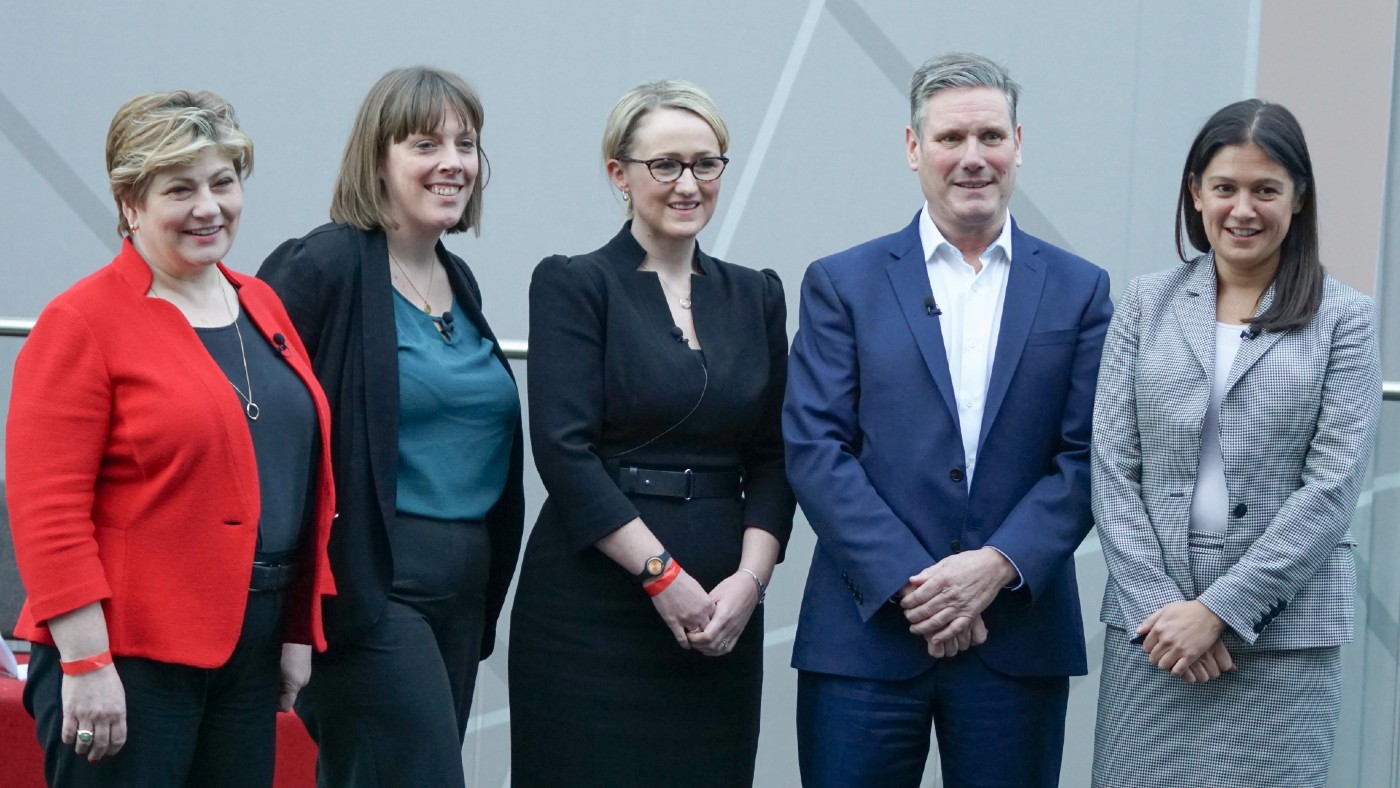Labour and the end of all-women shortlists
AWS system could be challenged in court now party has majority of female MPs

A free daily email with the biggest news stories of the day – and the best features from TheWeek.com
You are now subscribed
Your newsletter sign-up was successful
Labour will not be using controversial all-women shortlists to select its parliamentary candidates for the next general election.
HuffPost said the decision came after the party had received legal advice late last year warning that the system would be “unlawful” for Westminster seats because the majority of its MPs are female.
A paper, seen by the news site, highlighted concerns that the all-women shortlists (AWS) system might not comply with the 2010 Equality Act and cited “estimates from the Office of National Statistics which show that there are now fewer men in the PLP [Parliamentary Labour Party] than in the general population while the reverse is true for women”.
The Week
Escape your echo chamber. Get the facts behind the news, plus analysis from multiple perspectives.

Sign up for The Week's Free Newsletters
From our morning news briefing to a weekly Good News Newsletter, get the best of The Week delivered directly to your inbox.
From our morning news briefing to a weekly Good News Newsletter, get the best of The Week delivered directly to your inbox.
The paper, which was produced by party officials, added that if Labour were to “find itself in court due to the use of AWS… it is highly likely the party would lose”.
The party has confirmed that the practice will be ditched for the next general election, but that the system will still be used for other, unspecified elections.
How AWS began
Labour first used AWS to select candidates for certain target constituencies in the 1997 election, when the party elected 101 women to parliament. Just 19 other women were elected to parliament on behalf of the rest of the parties put together.
Labour’s deputy leader Angela Rayner and MPs Jess Phillips and Stella Creasy – who are among the highest-profile politicians in today’s parliament – were all selected as constituency candidates under AWS. But the practice has been controversial and the Labour Party was even judged to be in breach of the Sex Discrimination Act in 1996.
A free daily email with the biggest news stories of the day – and the best features from TheWeek.com
As a consequence, the practice stopped in the run-up to the 1997 election, with only those already selected through the shortlists retaining their position. It wasn’t used to select candidates for the 2001 general election either, although 50-50 lists were used then. The number of female Labour MPs subsequently dropped to 95.
Later, the Sex Discrimination Act 2002 was brought in to allow parties to use AWS “to select candidates for parliamentary, European, Scottish Parliament, Welsh Assembly and most local government elections”, said the BBC. The practice has been used by Labour to select its parliamentary candidates in certain seats for the two decades since.
The Liberal Democrats also introduced AWS after the 2015 election, when the party membership “took a long look at itself… and a rather longer look at the eight white, middle-aged middle class men” who then formed the parliamentary party, said Richard Morris in The New Statesman.
Pros and cons
AWS has been credited with levelling up the gender imbalance in parliament, to the point where the Labour Party and the Lib Dems have a majority of female MPs. Labour has the highest number of women MPs, who make up 104 of the party’s 199 MPs (52%).
However, some argue that the use of AWS can pose a threat to merit and can lead to the election of sub-par or unqualified MPs.
That said, studies have shown that AWS can result in “better” and more ethnically diverse MPs, said political scientists Mary Nugent and Mona Lena Krook on the Democratic Audit blog in 2016.
AWS, added Nugent and Krook, have reduced “the barriers for well-prepared women to stand as candidates and produced diligent and active representatives”.
Kate Samuelson is The Week's former newsletter editor. She was also a regular guest on award-winning podcast The Week Unwrapped. Kate's career as a journalist began on the MailOnline graduate training scheme, which involved stints as a reporter at the South West News Service's office in Cambridge and the Liverpool Echo. She moved from MailOnline to Time magazine's satellite office in London, where she covered current affairs and culture for both the print mag and website. Before joining The Week, Kate worked at ActionAid UK, where she led the planning and delivery of all content gathering trips, from Bangladesh to Brazil. She is passionate about women's rights and using her skills as a journalist to highlight underrepresented communities. Alongside her staff roles, Kate has written for various magazines and newspapers including Stylist, Metro.co.uk, The Guardian and the i news site. She is also the founder and editor of Cheapskate London, an award-winning weekly newsletter that curates the best free events with the aim of making the capital more accessible.